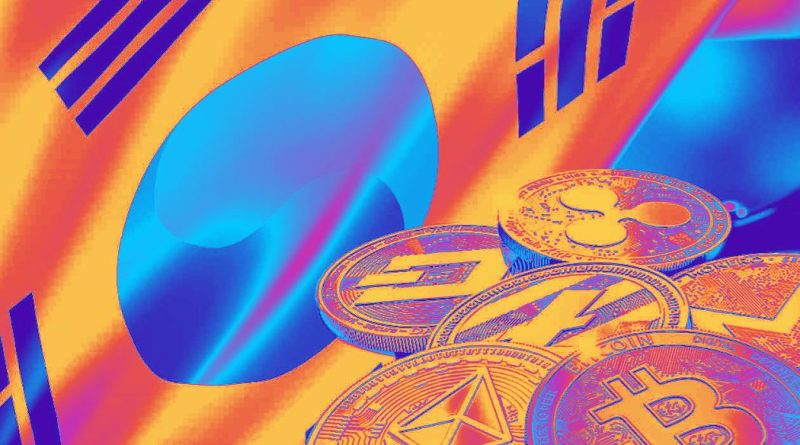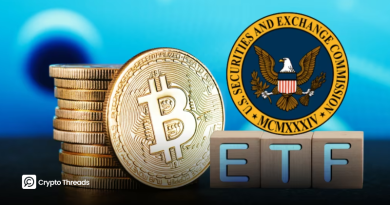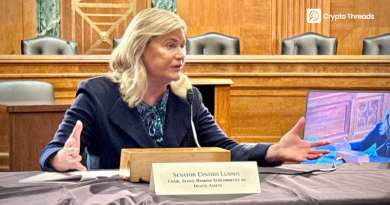South Korea Advances New Crypto Rules to Protect Users
South Korean lawmakers have introduced a set of legislative amendments aimed at tightening oversight of the cryptocurrency industry, signaling the government’s growing concern over investor protection and speculative trading practices.
The proposed changes, centered around amendments to the existing Virtual Asset User Protection Act, seek to increase regulatory scrutiny of cryptocurrency-related activities on social media and enhance compliance standards for digital asset exchanges.
Crackdown on Speculative Crypto Chat Rooms
One of the key provisions in the proposal targets speculative investment chat rooms commonly found on platforms like KakaoTalk, Telegram, and X (formerly Twitter). The amendment would require operators of these chat rooms—where cryptocurrency tips, forecasts, and pump-and-dump schemes are often shared—to register with the Financial Services Commission (FSC) as quasi-investment advisory businesses.
Under existing law, such entities are prohibited from compensating for losses, guaranteeing investment returns, or advertising false or exaggerated profit rates. The proposed legislation reinforces these restrictions while adding a legal framework for identifying and holding operators accountable.
Lawmakers emphasized that the move is intended to curb misleading investment advice and reduce retail exposure to high-risk speculation driven by unverified information online.
Enhanced Oversight of Crypto Exchanges
In addition to monitoring investment communities, the legislation also includes measures to strengthen regulatory control over cryptocurrency exchanges. Under the proposed amendment, exchanges would be required to report any formulation or modification of their terms and conditions to the FSC in advance. This requirement is intended to increase transparency, prevent arbitrary changes that could disadvantage users, and align operations with broader financial regulatory standards.
The measure follows growing concerns about inconsistent user policies and lack of consumer protections across major domestic exchanges.
Protection of Customer Assets in Exchange Bankruptcies
Separately, Congressman Min Byeong-deok, one of the co-sponsors of the bill, has introduced another legislative proposal aimed at improving asset security for crypto investors in the event of exchange bankruptcies.
The bill seeks to clarify the legal status of customer-owned digital assets, ensuring that in the case of an exchange insolvency, these holdings are not treated as general unsecured claims. Instead, the proposal would guarantee users a prioritized right to recover their assets, similar to protections in traditional finance.
This reform is being positioned as a critical safeguard in the wake of high-profile exchange failures both in South Korea and abroad, where users often suffered major losses due to insufficient asset segregation and unclear bankruptcy protocols.
Legislative Momentum Reflects Regulatory Shift
The proposed bills reflect a broader trend within South Korea’s legislative agenda, which has gradually evolved from permissive oversight toward a more structured and proactive regulatory stance on digital assets. If passed, these amendments could serve as a model for other jurisdictions navigating the challenges of crypto investor protection and platform accountability.
The Financial Services Commission and National Assembly are expected to review the proposals in upcoming sessions. Industry stakeholders and legal experts are closely watching for the outcome, which could reshape the operational landscape for both domestic and international crypto service providers operating in South Korea.



